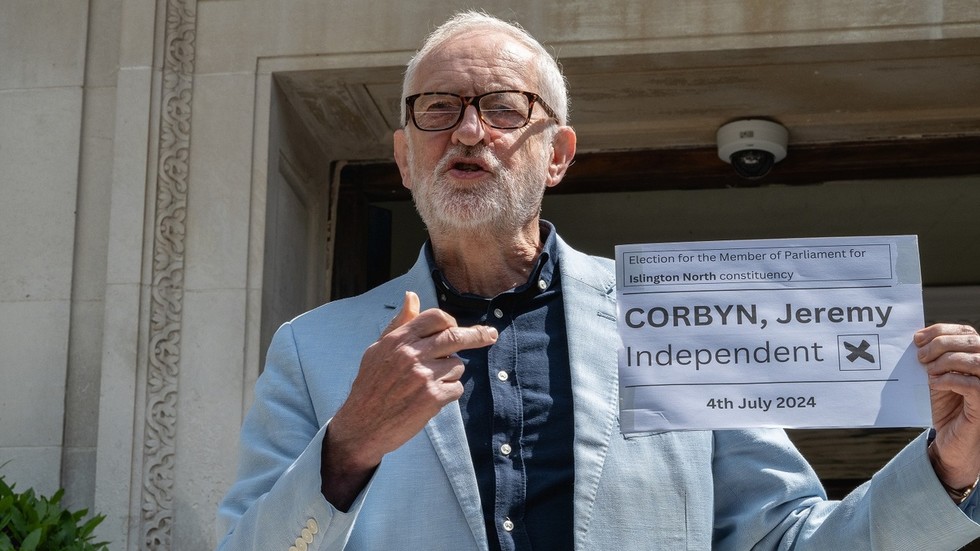You have a preview view of this article while we are checking your access. When we have confirmed access, the full article content will load.
The strikes, the first in weeks inside Lebanon’s capital, forced residents to come to grips with another escalation of fighting between Israel and Hezbollah.
Video

Nov. 18, 2024
The typically congested streets of Beirut were unusually empty on Monday. Schools that had temporarily shuttered earlier this fall when war first escalated were closed again. Many people who had come back to Lebanon’s capital after fleeing to the northern mountains a month ago had headed north once more.
Since Israeli airstrikes hit two neighborhoods within Beirut on Sunday and another on Monday evening, a sense of disbelief and frustration has washed over the city. In recent weeks, the initial shock of the intensified war between Hezbollah and Israel had given way to a feeling that relative safety had returned to Beirut, as the pace of strikes slowed and the city center remained largely unscathed.
Now that tenuous sense of security has once again been shattered — and a city already weary from two months of war is coming to grips with yet another escalation of violence.
“There is no security anymore,” said Hussein Zahwi, 49. “There is no security at all.”
On Monday morning, Mr. Zahwi stood across from one of the buildings hit in the Mar Elias neighborhood the day before. Wisps of smoke were still wafting from its shattered store windows. The strikes ignited a large fire that burned through the night and blackened the facade of the building. An acrid smell hung in the air. The strikes on Sunday killed at least six people and injured around two dozen more, according to Lebanon’s Ministry of Health.
The Israeli military declined to comment on the strikes.
Mr. Zahwi had rented an apartment on the third floor of the building with his wife and three children weeks earlier, after Israeli airstrikes began raining down near his home in the southern suburbs of Beirut. The cramped collection of neighborhoods there, known as the Dahiya, is in effect governed by Hezbollah, the Iranian-backed militant group and political party in Lebanon that is at war with Israel.
His three children were shaken but not injured when the strikes tore through the building in Mar Elias on Sunday evening, Mr. Zahwi said. But now, with the Dahiya still too dangerous to return to, he was at a loss for where his family might go, and wondered if anywhere was really safe.

 2 days ago
2
2 days ago
2









 English (US) ·
English (US) ·